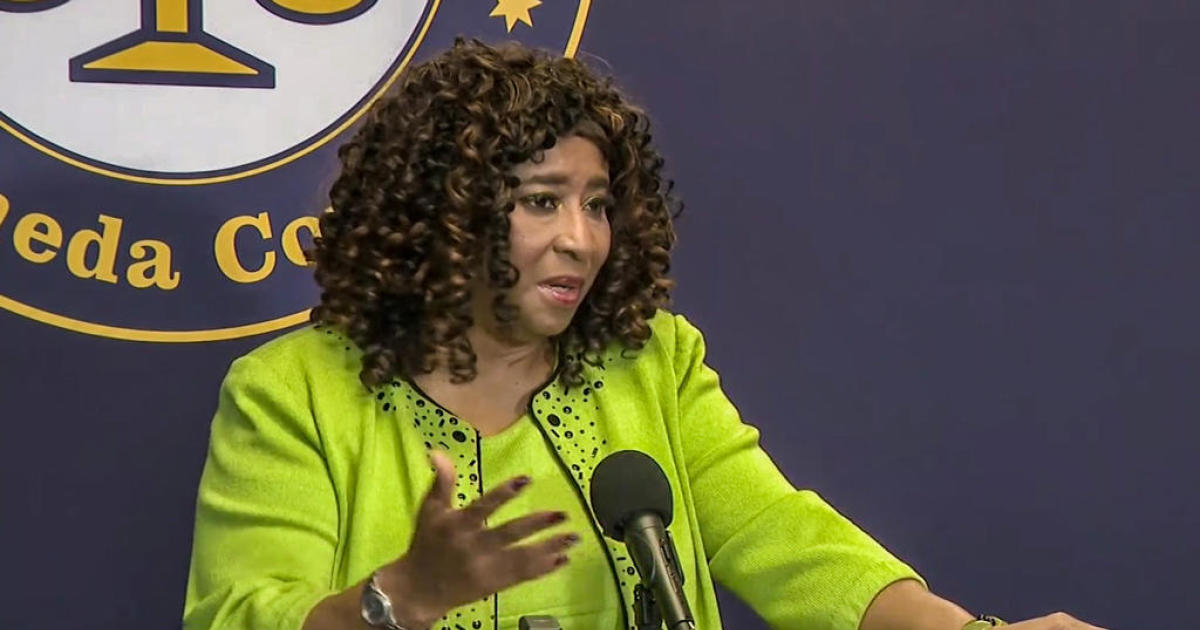Loophole Allows Fumigants On California's Organic Strawberries
SANTA CRUZ (KPIX 5) – Strawberries are a summer favorite for many. But there is something about the organic ones that consumers don't know about: they are not actually 100 percent organic.
"There's a gray area in the rules," said Jim Cochran, who has been growing strawberries at his Swanton Berry farm in Davenport without any pesticides for decades.
But they are not raised from scratch here. He buys his starter plants from the northern part of the state, where huge nurseries use toxic fumigants to grow their crops.
Federal and state organic regulations allow organic farmers to buy those non-organic plants when there's no other choice, and still call their strawberries organic.
"What we are trying to do is have it be organic from the very beginning, but it's going to take some time to get to that point," he said.
The reality is that growing strawberries without fumigants in large enough quantities is really difficult. Strict commercial food safety standards require them to be 100 percent disease free.
"That is a very exacting standard. And currently the only way we can guarantee that is with fumigants," said Professor Carol Shennan at UC Santa Cruz.
Shennan is researching new ways to grow strawberry plants without the toxic chemicals. One ongoing experiment called anaerobic fumigation involves flooding fields with water and rice bran. The professor admitted challenges, saying, "We are expecting something that is extremely hard to achieve."
Conventional strawberry farmers such as Miguel Ramos couldn't agree more. He grows strawberries in Watsonville using conventional pesticide methods.
Ramos he has tried growing without pesticides and said it's more than hard, it's impossible. "Economically speaking 100% dead, doesn't work," he said.
Ramos tried a natural bio-pesticide on one section of his 45 acre farm with drastic consequences. So far, he is pessimistic about any organic alternatives.
"I myself don't like chemicals, they are expensive, they are a nuisance to use and they say they have an effect on our environment, I do believe that. But they are a necessary tool for the production of strawberries," he said.
Organic farmers like Jim Cochran disagree. "I recognize that there are obstacles and difficulties, that's the way change happens, it's doable, yes," he said.
Cochran is banding together with other organic farmers to come up with a solution, and close the organic loophole.
Even though organic strawberries start off in fumigated fields, the plants don't absorb those chemicals, so the berries are still pesticide-free. The big problem is for the folks who live near the fields that are being fumigated, and for the environment.
(Copyright 2013 by CBS San Francisco. All Rights Reserved. This material may not be published, broadcast, rewritten, or redistributed.)



